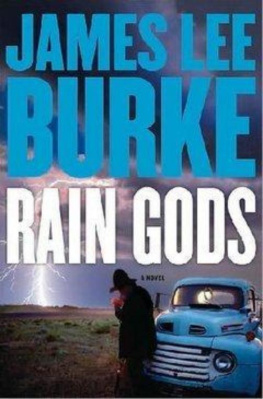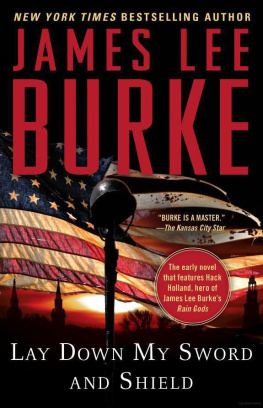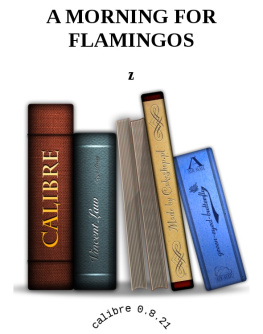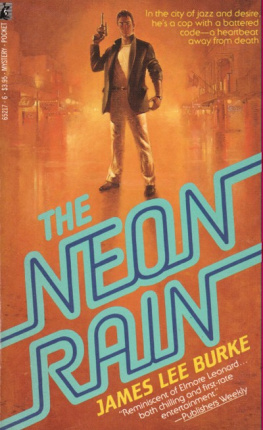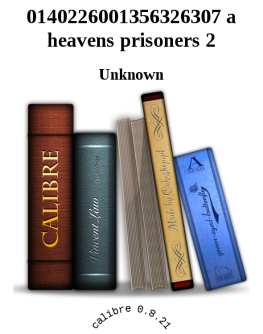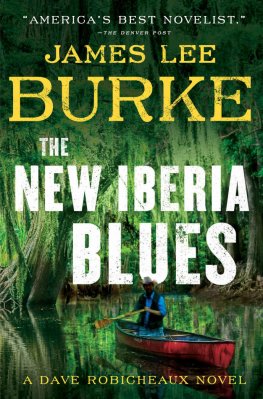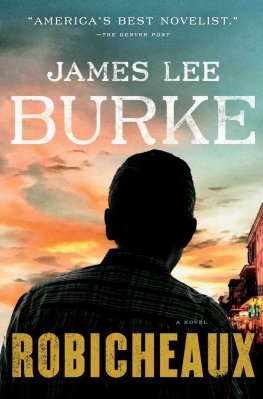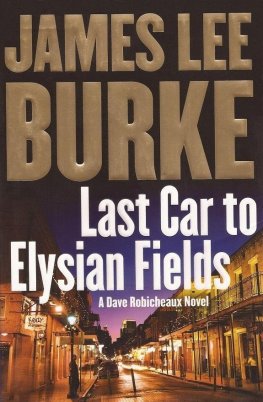SWAN PEAK
By
James Lee Burke
Book 17 in the Robicheaux series
CHAPTER 1
CLETE PURCEL HAD heard of people who sleep without dreaming, but either because of the era and neighborhood in which he had grown up, or the later experiences that had come to define his life, he could not think of sleep as anything other than an uncontrolled descent into a basement where the gargoyles turned somersaults like circus midgets.
Sometimes he dreamed of his father, the milkman who rose at three-fifteen A.M. and rumbled off to work in a truck that clinked with bottles and trailed a line of melting ice out the back doors. When his father reentered the house off Magazine at midday, he occasionally carried a sack of Popsicles for Clete and his two sisters. On other days, his face was already oily and distorted with early-morning booze, his victimhood and childlike cruelty searching for release on the most vulnerable members of his home.
Sometimes in his dreams Clete saw a straw hooch with a mamasan in the doorway suddenly engulfed in an arc of liquid flame sprayed from a Zippo-track. He saw a seventeen-year-old door gunner go apeshit on a wedding party in a free-fire zone, the brass cartridges jacking from an M60 suspended from a bungee cord. He saw a navy corpsman with rubber spiders on his steel pot try to stuff the entrails of a marine back inside his abdomen with his bare hand. He saw himself inside a battalion aid station, his neck beaded with dirt rings, his body dehydrated from blood expander, his flak jacket glued to the wound in his chest.
He saw the city of New Orleans sink beneath the waves, just as Atlantis had. Except in the dream, New Orleans and the China Sea and perhaps a place in the Mideast, where he had never been, melded together and created images that were nonsensical. Blood washed backward off a sandy cusp of beach into a turquoise ocean. Soldiers who looked like people Clete had once known struggled silently uphill into machine guns that made no sound.
When he woke, he felt that his own life had been spent in the service of enterprises that today contained no learning value for anyone and would be replicated over and over again, regardless of the cost. A psychiatrist once told him he suffered from agitated depression and psychoneurotic anxiety. Clete asked the psychiatrist where he had been for the last fifty years.
His dreams clung to his skin like cobweb and followed him into the day. If he drank, his dreams went to a place where dreams go and waited two or three nights before they bloomed again, like specters beckoning from the edge of a dark wood. But on this particular morning Clete was determined to leave his past in the past and live in the sunlight from dawn until nightfall and then sleep the sleep of the dead.
It was cold when he unzipped his sleeping bag and crawled out of his polyethylene tent by a creek in western Montana. His restored maroon Caddy convertible with the starched-white top was parked in the trees, speckled with frost. In the distance the sun was just striking the fresh snow that had fallen on the mountain peaks during the night. The spring runoff had ended, and the stream by which he had made his camp was wide and dark and devoid of whitewater and running smoothly over gray boulders that had begun to form shadows on the pebble bed. He could hear the easy sweep of wind in the pine and fir trees, the muted clattering of rocks in the streams current. For a moment he thought he heard a motorized vehicle grinding down the dirt road, but he paid no attention to it.
He made a ring of rocks and placed twigs and pinecones inside it and started a fire that flared and twisted in the wind like a yellow handkerchief and blew sparks and smoke across a long riffle undulating down the middle of the streambed.
The place where he was cooking his breakfast in an iron skillet set on top of hot rocks was the perfect site for a camp and the perfect place to begin wading upstream through canyon country, false-casting a dry fly over his head, watching it float delicately toward him on the riffle. He had not chosen this place but had found it by accident, turning onto the dirt road after he had found a snow gate locked across the asphalt two-lane. The countryside was grand, the cliffs sheer, the tops of the buttes covered with ponderosa pine, the slopes already blooming with wildflowers. Along the edges of the stream, there were no prints in the soft gravel except those of deer and elk. The air smelled of the woods and wet fern and cold stone and humus that stayed in shade twenty-four hours and the iridescent spray drifting off the boulders in the stream. The air smelled as though it had never been stained by the chemical agencies of the industrial era. It smelled as the earth probably had on the first day of creation, Clete thought.
He pulled his hip waders out of the Caddy and put them on by the side of the stream, snapping the rubber straps tight on his belt, looping a net and a canvas creel around his neck. He waded deep into the water, down a ledge, his feet slipping on moss-covered surfaces, until the drop-off sent the water over the edge of his waders. He whipped a dry fly over his head twice, then three times, the line forming a figure eight, whistling with a dull wet sound past his ear. With the fourth cast, he stiffened his wrist and let the fly float gently down on the riffle.
That was when he heard the sound of the truck again, mounting the grade just beyond a cut between two pine-covered hills.
But he kept his eyes on the fly floating down the riffle toward him. He saw an elongated shape break from behind a boulder, rising quickly into the light, the dark green dorsal hump roiling the surface. There was a flick of water, like a tiny splash of quicksilver, then the rainbow took the fly and went straight down into the shadows with it.
Out of the corner of his eye, Clete saw a bright red pickup with an extended cab and a diesel-powered engine crunch down the slope onto a bed of white rocks. Once stopped, the driver did not cut his engine, nor did he get out of the vehicle. Inside the canyon walls, the engine clattered like a vibrating junkyard.
Clete tried to strip line when the rainbow began to run. But his foot slipped on the moss, the tip of his Fenwick bowed to the water, and his two-pound monofilament tippet snapped in half. Suddenly his Fenwick was as light and useless as air in his palm.
He looked up on the bank. The truck was parked in shadow, its headlights sparkling, and Clete could not see through the dark reflection that had pooled in the windshield. He waded up through the shallows until he was on solid ground, then he slipped off his fly vest and laid it on a rock. He set down his fly rod and net and creel and removed his porkpie hat and reset it at a slant on his forehead. He looked at his convertible, where his Smith & Wesson .38 rested inside the glove box.
Clete walked to his fire ring and squatted beside it, ignoring the truck and the hammering of the diesel engine. He lifted his coffeepot off a warm stone and poured his coffee into a tin cup, then added condensed milk to it from a can he had punctured with his Swiss army knife. Then he got to his feet again, wiping his hands on his clothes, his eyes shifting back onto the front windows of the truck. He stared for a long time at the truck, drinking his coffee, not moving, his expression benign, his green eyes clear and unblinking.
He wore a charcoal corduroy shirt and faded jeans that were buttoned under his navel. On first glance his massive arms and shoulders and the breadth of his chest gave him a simian appearance, but his top-heavy proportions were redeemed by his height and his erect posture. A pink scar that had the texture and color of a bicycle patch ran through one eyebrow. The scar and his over-the-hill good looks and his little-boy haircut and the physical power that seemed to emanate from his body created a study in contrasts that attracted women to him and gave his adversaries serious pause.
Next page

